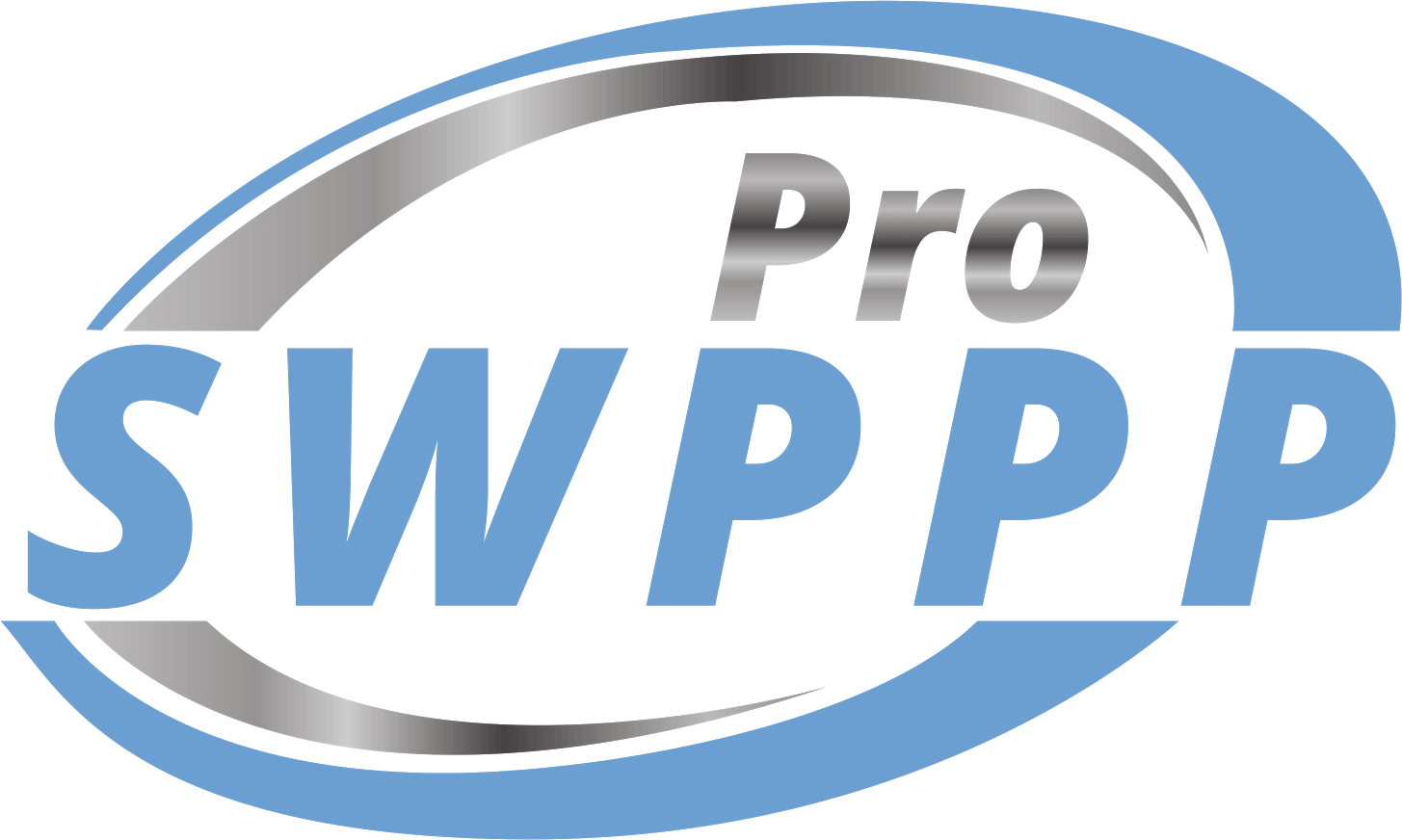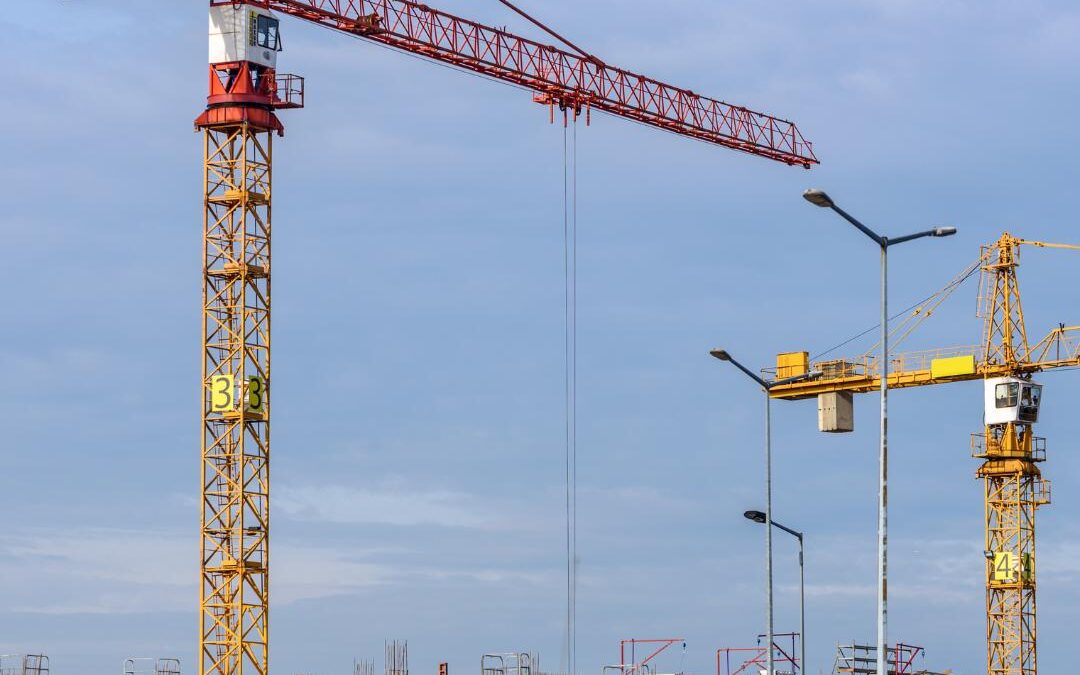If you own or manage a construction company or industrial facility operating in Tennessee, chances are you have heard of the term SWPPP. This stands for stormwater pollution prevention plan, and it is an important requirement for all construction projects and industrial facilities in the state.
SWPPPs in Tennessee are very complex. This is why it is crucial to enlist the help of Pro SWPPP to create your plan. With the help of our experienced team, you can ensure that your SWPPP meets all the necessary requirements and helps prevent any potential environmental harm.
Keep reading to learn more about the requirements for SWPPP in Tennessee.
A Site Map
The SWPPP must include detailed site maps. These maps identify stormwater drainage patterns, areas of soil disturbance, and locations of all control measures. The maps are essential because they show where water will flow during a storm. They also highlight areas where the ground will be disturbed, such as places where digging or construction will occur.
The maps also identify the locations of all control measures. These are steps that must be taken to prevent stormwater pollution, such as installing silt fences or using erosion control blankets. Including these control measures on the site maps makes it easier to ensure that they are properly implemented and maintained throughout the project.
SWPPP Development and Submission
A site-specific SWPPP must be created, implemented, and updated when needed. This plan must be submitted along with the Notice of Intent (NOI). The SWPPP should address the site’s particular characteristics and detail specific strategies for preventing stormwater pollution.
Some key elements to include in the site-specific SWPPP are:
- A description of the site and the nature of the construction or industrial activities taking place.
- Identification of potential sources of pollution that could affect stormwater quality.
- Detailed descriptions of the control measures will be implemented to minimize pollutants in stormwater runoff.
- Procedures for maintaining and inspecting control measures to ensure they are effective and functioning properly.
Proper development and submission of the SWPPP is crucial for obtaining a Notice of Coverage (NOC) from the Tennessee Department of Environment and Conservation (TDEC). This allows you to operate your construction project or industrial facility legally while ensuring that stormwater runoff does not harm the environment.
Local Authorizations
Permittees must get all required local authorizations related to stormwater management before beginning any project. These local permissions ensure that the construction or industrial activity aligns with local regulations and does not negatively impact the community. Each city or county may have different rules and processes, so checking with the local authorities is crucial.
SWPPPs in Tennessee must meet both state and local requirements. This means coordinating with local agencies to get all necessary approvals. Having the proper local authorizations verifies that your project complies with all relevant stormwater management practices. This step is essential for maintaining the quality of local water bodies and protecting the environment.
Pollution Control Measures
The plan should outline specific pollution control measures to be used at the site, including silt fences, sediment basins, and other best management practices (BMPs). These measures help reduce the amount of pollutants that enter stormwater runoff.
Silt Fences
Silt fences are temporary fabric barriers that catch sediment during construction activities. They are often placed around the perimeter of a site to prevent loose soil from being washed away by rain.
Sediment Basins
Sediment basins are small ponds built on construction sites to collect and store stormwater. They allow sediment to settle at the bottom, preventing it from leaving the site and polluting nearby water bodies.
Erosion Control Blankets
Erosion control blankets are mats made of natural or synthetic materials placed on bare soil. They protect the soil from erosion by wind and water, keeping it in place during construction activities.
Mulching
Mulching involves spreading a layer of organic material, like straw or wood chips, over bare ground. This prevents soil erosion by protecting the soil surface and helps maintain soil moisture.
The Importance of Employee Training
Staff involved in implementing SWPPP need adequate training on pollution prevention practices and procedures. Proper training ensures that all employees understand the importance of keeping pollutants out of stormwater runoff.
They will learn about the specific control measures in place at the site and how to maintain them. When employees are well-trained, they can identify potential pollution sources and take action to prevent them.
Training also helps employees respond quickly and effectively to any issues that arise. For example, if a silt fence gets damaged, a trained employee will know how to repair it promptly to prevent soil from washing away. Regular training sessions keep staff updated on new techniques and regulations, ensuring continuous improvement in stormwater pollution prevention.
Routine Inspection and Maintenance
Regular inspections and maintenance of stormwater controls are mandatory to ensure they function properly. The permit often specifies the frequency of inspections, and it’s important to follow these requirements closely. Inspections typically involve checking for damage or wear on control measures such as silt fences, sediment basins, and erosion control blankets. By conducting these checks regularly, you can identify and address issues before they become bigger problems.
Maintaining stormwater controls is crucial for keeping pollutants out of stormwater runoff. This includes repairing or replacing damaged control measures and removing any accumulated debris. Proper maintenance of controls helps keep them effective and ensures they comply with the requirements of the SWPPP in Tennessee.
Post-Construction Controls
After a construction project is completed, it’s important to manage stormwater runoff to protect the environment. Post-construction stormwater management measures help control the flow of water and prevent pollution. These measures include permeable pavements, rain gardens, and retention ponds.
Permeable pavements allow water to soak through the surface, reducing runoff. Rain gardens are planted areas that absorb rainwater and filter pollutants. Retention ponds collect stormwater, letting sediment settle slowly before the water is released.
We Can Help With Your SWPPP in Tennessee!
As you can see, SWPPPs in Tennessee are complex and require careful planning and implementation. Pro SWPPP has years of experience creating custom plans that meet all state and local requirements. Contact us to learn more about the services we provide!

